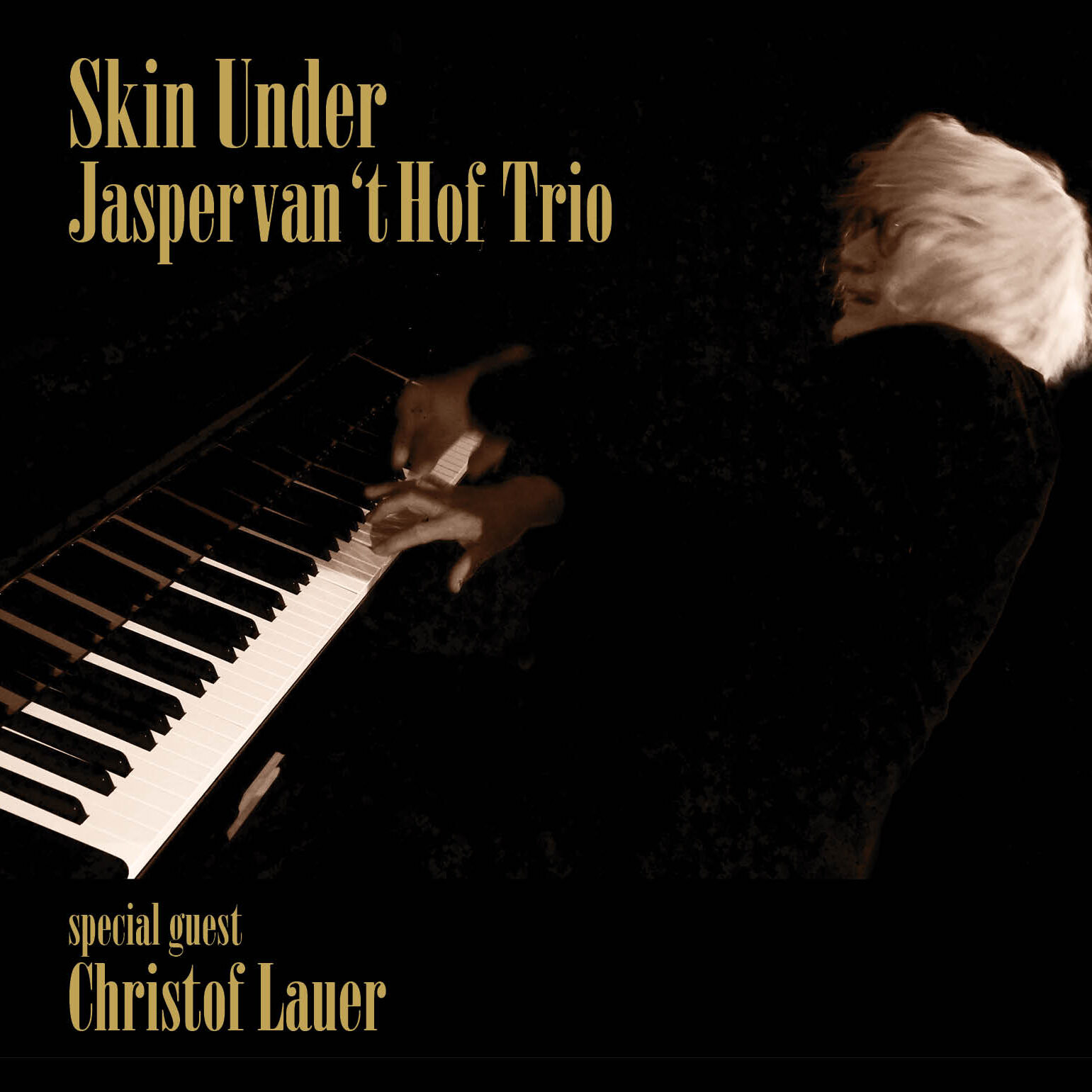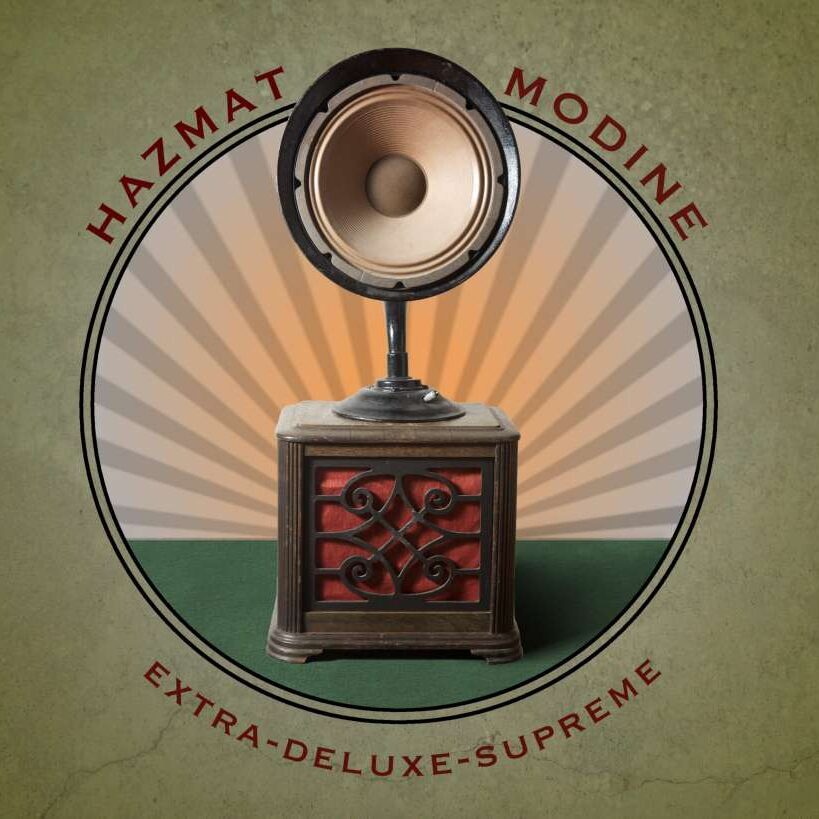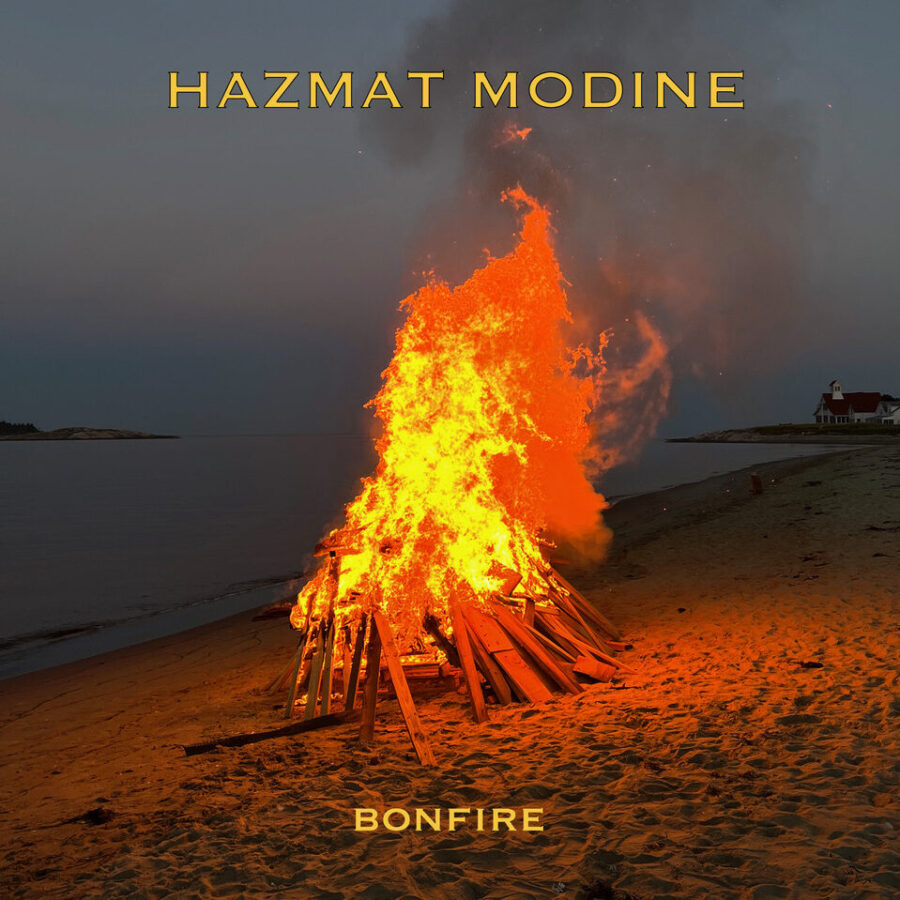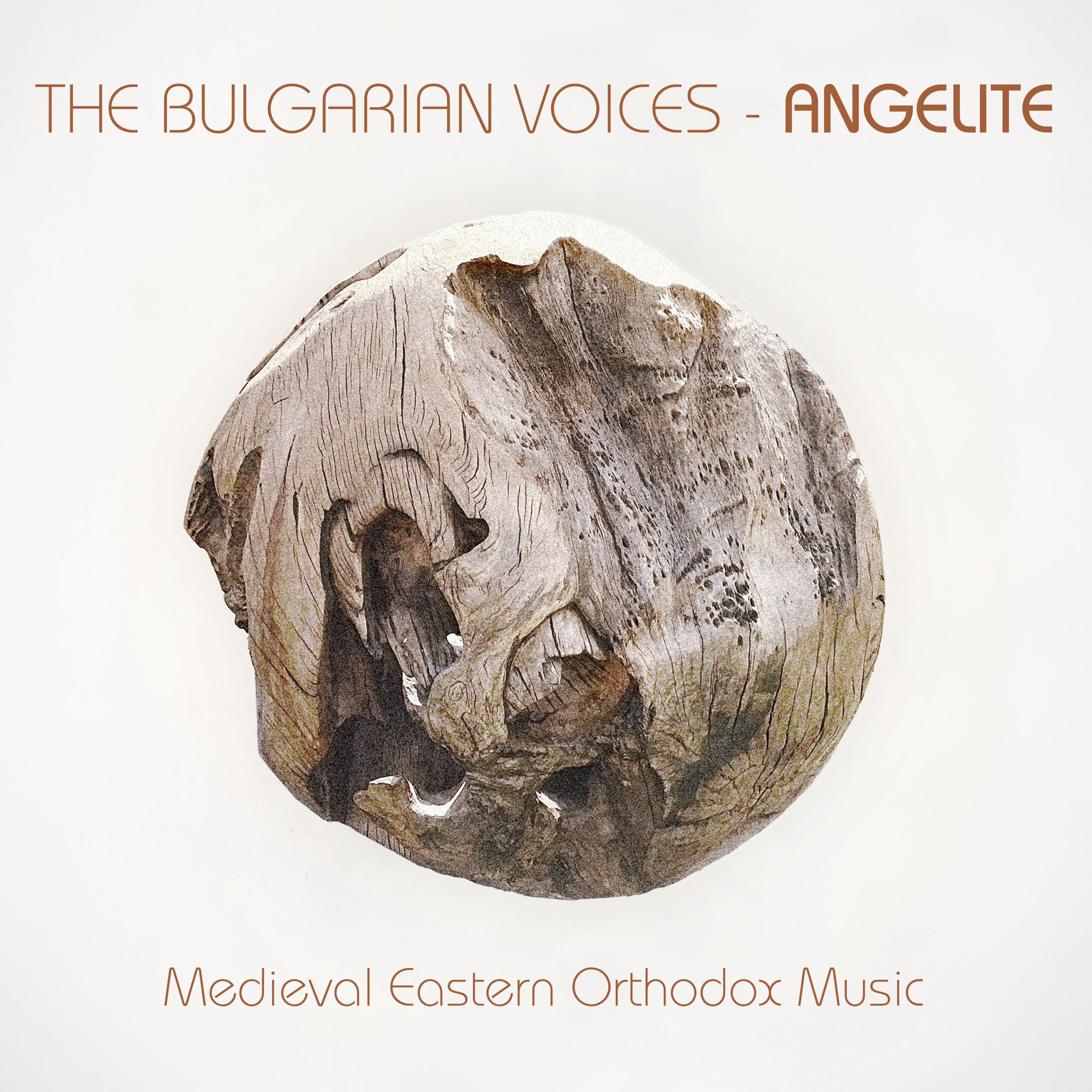Children of the otter DVD
Out of stock
Children of the Otter DVD
Only 10 DVD’s available!
Vladimir Martynov & Huun Huur Tu
‘Children of the Otter’ is a composition by Vladimir Martynov for two musically unique performing groups:a suite for the Tuvan world music quartet Huun Huur Tu and the Russian chamber music ensemble Opus Posth. directed by Tatyana Grindenko. The work, which also includes vocal parts for mixed choir (performed by Perm Choir Mlada conducted by Olga Vyguzova), is based on archaic Siberian folklore, in which the otter is worshipped as the mother of all people, singing poetry of the Russian avant-garde poet Velimir Khlebnikov (1885-1922.)
In the summer of 2008, in Moscow, Vladimir Oboronko and Alexander Cheparukhin (both of GreenWave Music), approached a renowned Russian composer Vladimir Martynovwith idea of creating a 70 minute long composition that would blend ancient instrumental and throat-singing sound of Tuvan ensemble Huun Huur Tu with a sound of contemporary chamber orchestra. Without hesitation, Mr. Martynov, who had already been familiar with Huun Huur Tu and their music, agreed to participate in the project.
By late summer of 2009 the composition had been mostly ready. It came out combining music from Huun Huur Tu repertoire with original music written by Mr. Martynov specially for the project; the composer also decided to introduce academic choir singing the poetry of the famous Russian avant-garde poet Velimir Khlebnikov (1885-1922). The project was named “Children of the Otter” after the eponymous poem by Khlebnikov
The timing for the completion of the project was perfect because earlier in the summer of 2009 Mr. Cheparukhin, well-known music promoter in Moscow, had been invited to participate in the cultural initiative of the city of Perm’. A provincial city, although “strategically” located nearby Urals Mountains separating subcontinents of Europe and Asia, Perm’ had decided to become a cultural capital of Russia. So far, Russia had two cultural capitals: Moscow and St. Petersburg – Perm’ decided to become a third capital.
Invited by the city and region’s authorities to join the cultural initiative and develop and supervise musical events in Perm’, Mr. Cheparukhin decided that “Children of the Otter”, combining ancient Asian music with contemporary European composing and performing practices, would be a perfect composition to be produced and premiered in Perm’.
By early September 2009, Vladimir Martynov (Moscow), Huun Huur Tu (Kyzyl, Tuva), chamber orchestra Opus Posth (Moscow), singer Mikhail Stepanitch (Moscow) , choir Mlada (Perm’) gathered in Perm’. After several weeks of rehearsals, “Children of the Otter” was premiered in Perm’ on September 17, 2009.
The production and premiere of “Children of the Otter” was made possible through a generous support by Perm’ regional Ministry of Culture, Perm’ Philharmonia, and Perm’ Governor office.
The work, which also includes vocal parts for mixed choir (performed by Perm Choir Mlada conducted by Olga Vyguzova), is based on archaic Siberian folklore, in which the otter is worshipped as the mother of all people. ‘Children of the Otter’ seamlessly blends ancient Tuvan sounds with Vladimir Martynov’s original score. In the composer’s words, the work “aims to provide listeners with a path to immersing themselves in the ever-existing stream of Music.
“Vladimir Martynov, sitting in the depth of the stage at the piano, snatches from the ages’ dark and the chaos of ancient harmonies the melodic riffs and fragments, which are capable of operating in the contemporary music field. It’s almost psychedelic experience. The composer blends in the ‘Children of the Otter’ the Huun-Huur-Tu compositions with repetitive and hypnotic phrases of strings, when the choir, overcomes age-old burden of “academic” singing heritage and shouts syllables of Khlebnikov”. Kommersant
“The projects as ‘Children of the Otter’ help to break the conventional framework and to make a new step in the development (of music)“. TVRussia- theCulture
Renowned pianist and composer Anton Batagov said that ‘Children of the Otter’ is the most powerful work in the contemporary music since the Steve Reich’s ‘Different Trains’, since 1988. “I sincerely believe that the ‘Otter’ at first the best work of Volodya, and secondly the most important event in the past 20 years. Perhaps, it might be compared only with ‘Kundun’ by Glass and ‘OVO’ by Gabriel … But the ‘Otter’ is stronger and shriller”
Bios
Huun Huur Tu is a world-known ensemble of ethnic music and throat singing. Being the leader of “Tuvan Folklore Renaissance”, Huun Huur Tu does not limit itself with demonstrating various throat-singing styles, but creatively interprets and develops traditiosinging styles, but creatively interprets and develops traditional music of Tuvan heritage while performing around the globe successfully touring since the 1980ies the group has released several best selling CDs around the world.
Kaigal-ool Khovalyg Vocals (Khöömei, Sygyt, Kargyraa), Igyl
An extremely talented, self-taught overtone singer, Khovalyg worked as a shepherd until the age of 21, when he was invited to join the Tuvan State Ensemble. He settled in Kyzyl and started teaching throat singing and igil. A co-founder of Huun-Huur-Tu, he left the State Ensemble in 1993 to devote his attention to the newly formed quartet. He has performed and recorded as a soloist with Vershki da Koreshki, the World Groove Band and the Volkov Trio. Covering a range from tenor to bass, Khovalyg is particularly known for his unique rendition of the khöömei and kargyraa singing styles.
Radik Tyulyush Vocals (Barbang-Nadyr), Byzaanchi, Khomuz (jew’s harp)
Born in rural Tuva, he was a shepherd before becoming a professional musician. Having perfected his virtuoso throat-singing abilities as a former Soviet-style concert performer of Tuvan folk music, he excels in the borbangnadyr style. He joined Huun-Huur-Tu in 2006 , he performs as well as soloist and did a Britsh tour in spring 2007 with his own program
Sayan Bapa Vocals (Kargyraa & Khöömei), Toschpulur, Guitar, Igyl
Sayan Bapa, child of a Tuvan father and Russian mother, grew up in the industrial town Ak-Dovurak. He received his musical training in Kislovodsk, Northern Caucasus, where he played fretless bass in a Russian jazz-rock band for several years. In the early 1990s he returned to Tuva to study his roots, and became a member of a folk-rock band, performing traditional Tuvan music on electric instruments. A co-founder of Huun-Huur-Tu, Bapa is a versatile string instrumentalist, and performs on the igil, doshpuluur, and acoustic guitar. As a vocalist he is currently specializing in the kargyraa style.
Alexei Saryglar Vocals (Sygyt), Tuyug (horse hooves), Tungur (shaman-drum), Igyl
Alexei Saryglar, the youngest member of Huun-Huur-Tu, joined the ensemble in 1995 to replace Alexander Bapa. He completed his musical training in Ulan Ude as a percussionist for classical and popular music, and became a member of the large Russian state ensemble ‘Siberian Souvenir’. A multi-talented performer, Saryglar makes his mark as a sygyt singer, and his expertise with traditional Tuvan percussion and string instruments naturally extends into the art of piano playing. Like the other members of the ensemble, he resides in Kyzyl when not on tour.
Vladimir Martynov is a renowned Russian composer, philosopher, writer, ethnomusicologist, historian and theoretician of music. Known for his work in the Concerto, Orchestral Music, Chamber Music and Choral Music genres, Martynov has experimented with rock and electronica, worked with avant-garde, minimalism, and “New Simplicity” music. His work has been performed around the world
Tatyana Grindenko is a celebrated Russian musician, violinist, winner of numerous domestic and international competitions (including Tchaikovsky Competition). Her performing experience spans through rock, electronica, all periods of European “classical” music. She has collaborated with famous musicians and collectives, and directors both in Russia and abroad.
The chamber orchestra Opus Posth was formed by Tatyana Grindenko in 1999. The orchestra’s choice of repertoire and performance style has been influenced by Vladimir Martynov’s ideas on postmodern composing: it guides a listener to enter into the everflowing Stream of Music rather than creates highly individualistic musical fountains as classical composing used to do.
Michail Stepanitch was trained as a classical pianist, later became interested in singing; sang in Moscow Armenian Choir, then with a famous ensemble of early Russian music Sirin ; has participated in recordings of Vladimir Martynov’s work.
Choir Mlada is one of the most well-known collectives in the city of Perm’, laureate of many competitions in Russia and abroad. Over sixteen years of its existence, the collective has toured extensively in Russia and in Europe.




